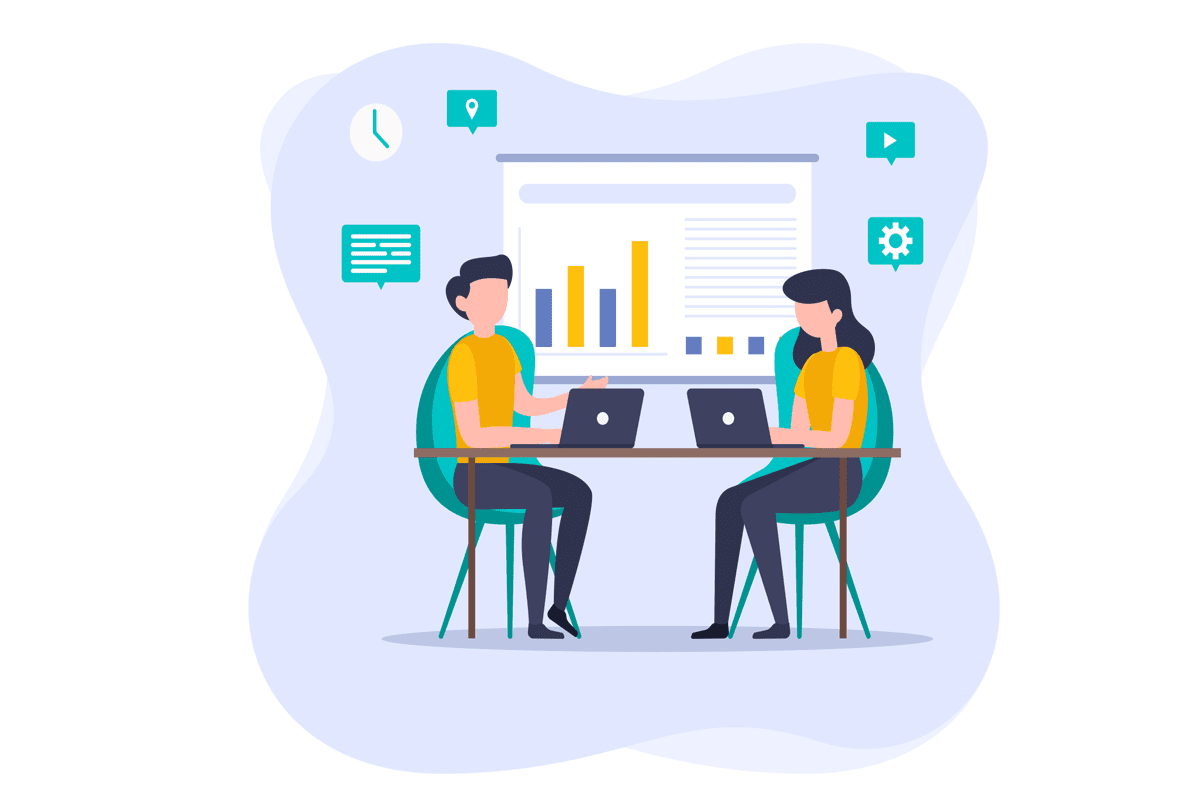Currently Empty: ₹0.00



Curriculum
- 7 Sections
- 24 Lessons
- 16 Hours
Expand all sectionsCollapse all sections
- Module 1: Communication and Interpersonal Skills4
- 1.0Lesson 1: Effective Verbal Communication Fundamentals of clear and concise communication Adapting tone and language to different audiences Techniques for giving and receiving constructive feedback
- 1.1Lesson 2: Non-Verbal Communication Importance of body language, eye contact, and gestures Understanding cultural differences in non-verbal cues Building presence and confidence through non-verbal signals
- 1.2Lesson 3: Active Listening Techniques Practicing active listening in one-on-one and group settings Avoiding distractions and focusing on the speaker Reflective listening exercises for improved comprehension
- 1.3Lesson 4: Interpersonal Relationship Building Building trust and rapport within teams Respecting diverse perspectives and fostering inclusivity Handling disagreements professionally and constructively
- Module 2: Emotional Intelligence (EQ)3
- 2.0Lesson 1: Self-Awareness and Self-Regulation Recognizing and understanding personal emotions Strategies for regulating emotions under stress Impact of self-awareness on professional behavior
- 2.1Lesson 2: Empathy and Social Awareness Developing empathy in professional interactions Techniques for understanding colleagues’ perspectives Recognizing emotional cues to improve communication
- 2.2Lesson 3: Conflict Resolution and Relationship Management Tools for managing and de-escalating conflicts Fostering positive workplace relationships Role of EQ in leadership and decision-making
- Module 3: Teamwork and Collaboration4
- 3.0Lesson 1: Building Collaborative Teams Understanding team roles and dynamics Encouraging collaboration over competition Utilizing strengths and skills within a team setting
- 3.1Lesson 2: Conflict Management within Teams Recognizing causes of conflict in teams Mediation techniques to resolve disagreements Promoting a culture of respect and teamwork
- 3.2Lesson 3: Virtual Team Collaboration Effective communication in remote and hybrid teams Best practices for virtual collaboration and inclusivity Tools and techniques to maintain engagement remotely
- 3.3Lesson 4: Enhancing Team Productivity Setting shared goals and objectives Encouraging accountability and responsibility Celebrating successes and learning from failures
- Module 4: Adaptability and Resilience3
- 4.0Lesson 1: Embracing Change and Uncertainty Recognizing the impact of change on performance Techniques for coping with rapid changes in the workplace Maintaining focus and productivity under stress
- 4.1Lesson 2: Building Mental Resilience Developing a growth mindset for continual improvement Techniques for stress management and self-care Learning from setbacks and staying motivated
- 4.2Lesson 3: Time Management and Prioritization Methods for effective time management Prioritizing tasks based on importance and urgency Avoiding burnout through balanced workload management
- Module 5: Problem-Solving and Critical Thinking3
- 5.0Lesson 1: Analytical Thinking and Decision-Making Techniques for data analysis and logical reasoning Recognizing biases in decision-making Developing systematic approaches to problem-solving
- 5.1Lesson 2: Creative Thinking for Solutions Encouraging innovative and out-of-the-box thinking Brainstorming sessions and creative problem-solving exercises Applying creativity to real-world corporate challenges
- 5.2Lesson 3: Building Strategic Thinking Skills Aligning decisions with organizational goals Long-term planning and risk assessment Adapting strategies based on changing circumstances
- Module 6: Leadership and Influence4
- 6.0Lesson 1: Foundations of Leadership Understanding different leadership styles Developing key qualities of an effective leader Role of integrity and accountability in leadership
- 6.1Lesson 2: Influencing and Persuasion Skills Techniques for persuasion without authority Building trust and credibility within teams Effective communication for gaining buy-in
- 6.2Lesson 3: Decision-Making and Delegation Making informed and timely decisions Understanding when and how to delegate tasks Balancing leadership responsibilities within teams
- 6.3Lesson 4: Coaching and Mentoring in the Workplace Building a culture of mentorship Giving and receiving effective guidance Fostering career growth through coaching
- Module 7: Customer Service Excellence3
- 7.0Lesson 1: Principles of Customer Service Understanding customer needs and expectations Developing a customer-centric approach Importance of empathy in customer interactions
- 7.1Lesson 2: Managing Difficult Situations Techniques for handling complaints professionally Problem-solving for customer satisfaction Turning challenges into positive experiences
- 7.2Lesson 3: Building Long-Term Customer Relationships Encouraging customer loyalty and retention Importance of follow-ups and continuous engagement Building rapport for long-term satisfaction Learning Outcomes: Develop effective communication and interpersonal skills for team collaboration. Build self-awareness, resilience, and adaptability in professional settings. Cultivate leadership qualities and influence to excel in corporate roles. Enhance critical thinking, problem-solving abilities, and customer service skills. Each module of this program is crafted to create a comprehensive training experience, empowering employees to excel within corporate settings, build positive team dynamics, and drive organizational growth.









